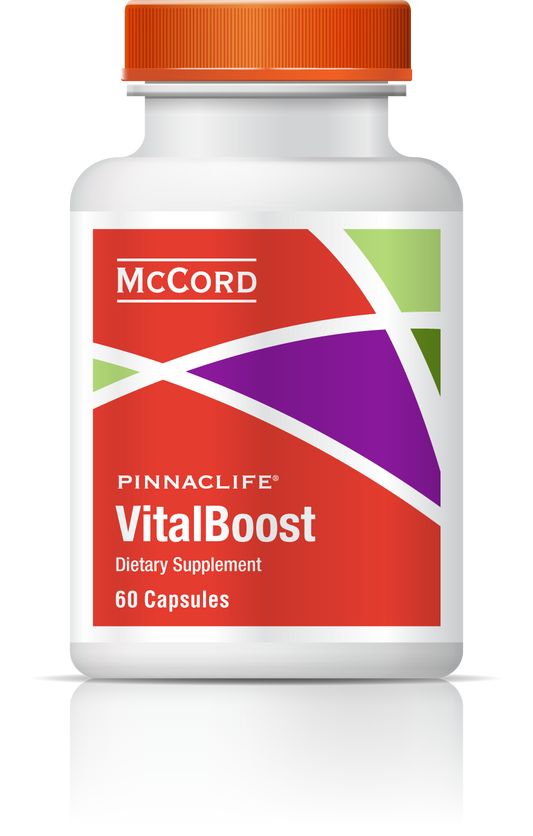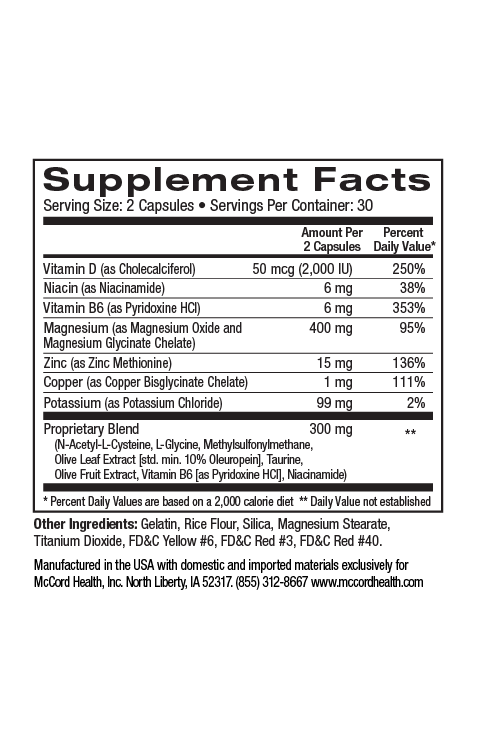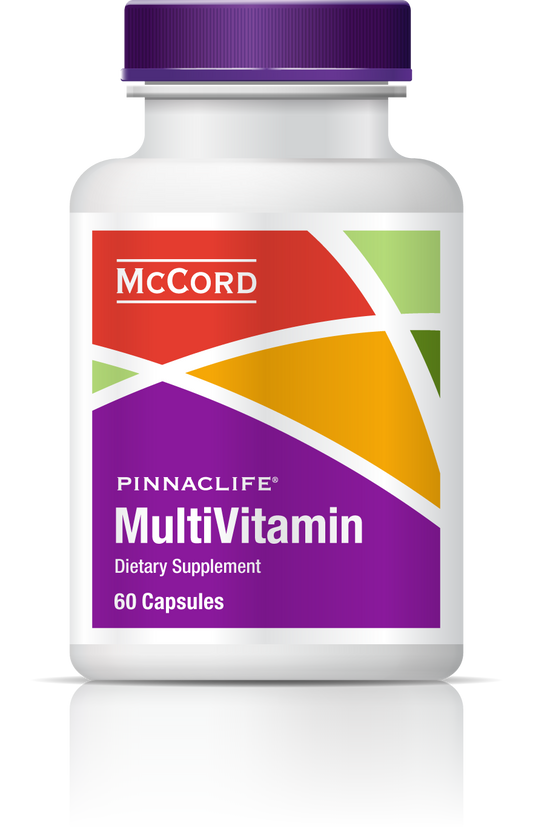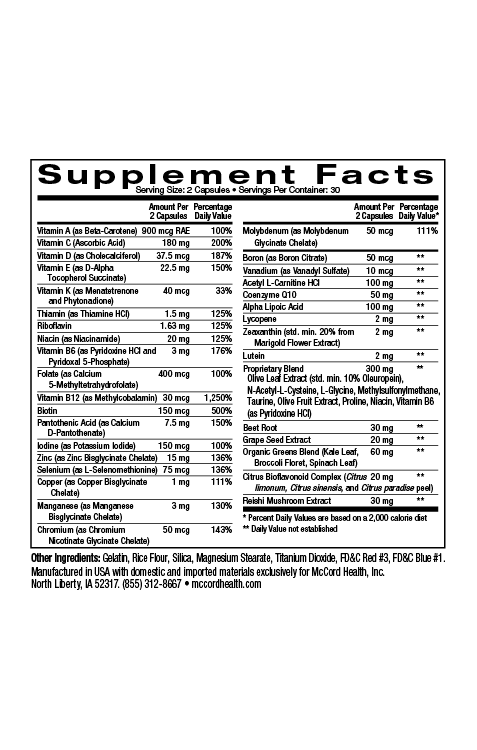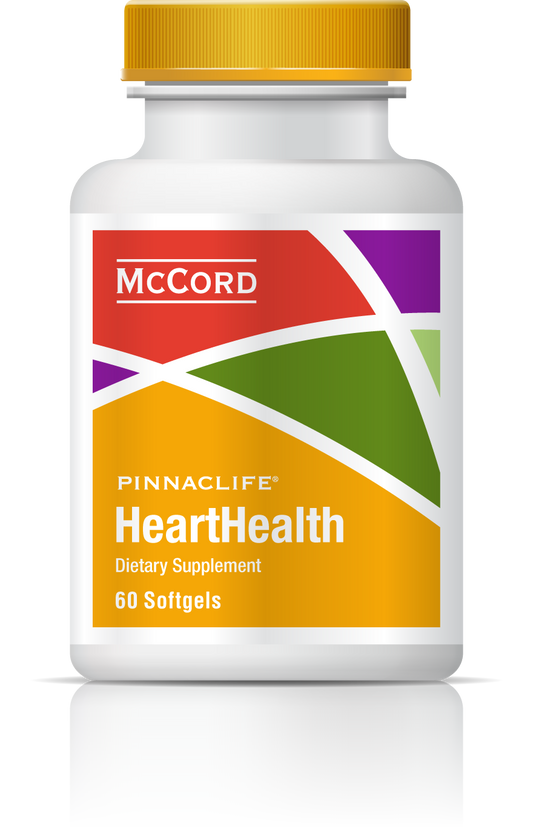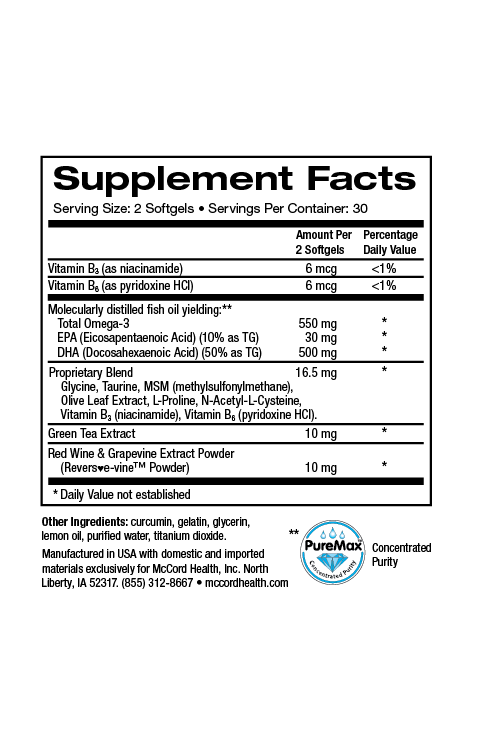Your skin is an amazing organ that gives insights into your overall health. The skin is responsive to factors like nutrition status, hydration, circulation, inflammation, toxin accumulation, and more – and all those factors can give insights into disease states throughout the body. A perfect example of this is what your skin can tell you about heart disease.
Primary Responsibility of the Heart
There are dozens of processes going on in your body that contribute to heart disease, but a couple of the biggest issues are related to inflammation and impaired circulation. Your heart’s job is to constantly pump blood through the circulatory system to provide a constant supply of nutrients, energy, water, and oxygen throughout the body while simultaneously moving metabolic waste, toxins, and carbon dioxide to your liver, kidneys, and lungs so they can be excreted.
When the Heart Doesn’t Work As well
While there are many types of heart disease, they all have a common problem in that the heart is less capable of fulfilling its primary role in circulating blood to accomplish all the vital tasks outlined above. This means we start to see problems with tissues not getting adequate nutrients, hydration, or oxygen as well as buildup of toxins and metabolic waste products. With a thorough understanding of anatomy and physiology, a person can look at different parts of the body to determine if any of those imbalances are occurring, and start to determine what might be contributing to them.
Major Factors in Heart Disease Impact Skin Health
The skin provides a lot of clues to the health of both the heart and the circulatory system. For example, if the skin is very dry, cold, and pale in color it tells us that there might be a circulation problem and that there is not enough blood flow getting to the skin. This could be due to a combination of peripheral artery disease (damaged/inadequate arteries to deliver blood to your hands/feet) or because the heart is having trouble pumping adequate amounts of blood (heart failure). It could also be a sign of dehydration or other illnesses.
On the opposite spectrum, if the skin seems very swollen and wet/clammy, especially in the lower legs, it can indicate that the blood is having trouble returning to your heart and essentially pooling in the legs causing an accumulation of fluids. Again, this could be caused by a problem with the circulatory system, specifically in the veins (venous stasis / insufficiency) or it could be caused by a weak heart that is unable to pump blood adequately (heart failure).
Taking Care of Your Skin With Heart Disease
Knowing the skin can be impacted so much by the health of your heart and circulatory system, it is important to be mindful and take even better care of your skin if you have diagnosed heart disease or circulation problems.
In the case of inadequate circulation reaching your skin, especially in your hands and lower legs, you can benefit from applying nutrient rich moisturizers and skin protectants like Viniferamine Renewal Moisturizer to help deliver essential nutrients and maintain proper moisture balance.
When it comes to issues like swollen legs with tight possibly clammy skin, it is important to be proactive by using things like compression stockings and raising your feet to help prevent fluid from accumulating and causing the skin to break down. Topical products like Viniferamine Silicone Barrier can help deliver nutrients into the skin while providing a protective microscopic silicone layer that helps compression stockings glide over the skin without too much pulling on the skin (“shear force”). Viniferamine Skin MineralZ can also help protect wet/clammy skin from excessive moisture that can cause skin to break down and become infected.
Early Detection is Key
Regardless of your specific conditions, it is important to monitor your skin very closely every day and note any changes and report them to your personal health care provider. Skin problems can turn from bad to worse very quickly, so it is vital to notify your provider sooner than later, especially if you notice redness, swelling, open sores, bad odors, or any oozing liquid/discharge. Remember that while you might be seeing symptoms on your skin, it could be telling you something about a deeper problem related to other organ systems such as your heart.
